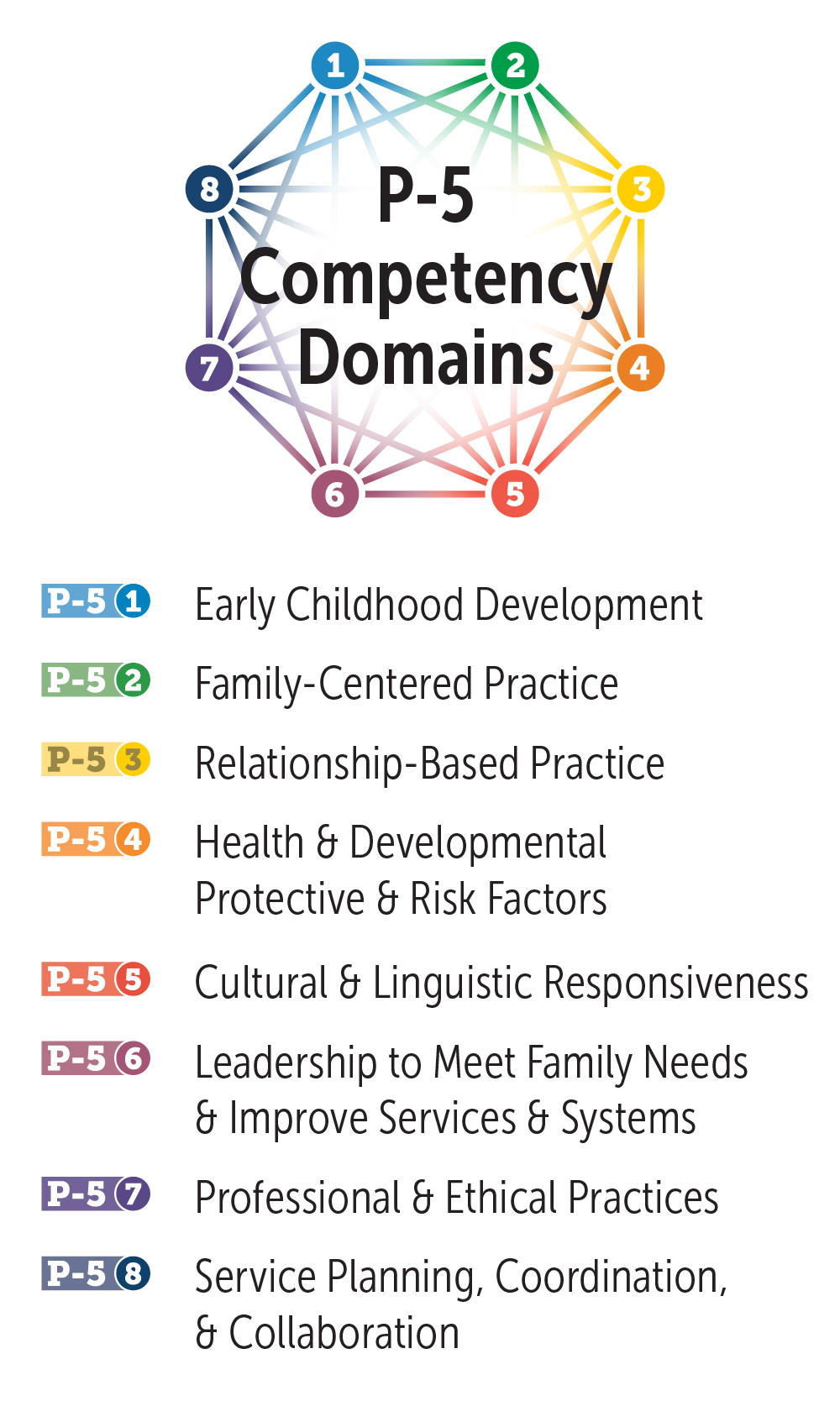
CL22 - II-B3, Intermediate-Level: Multicultural Interdisciplinary Care Model For Foster Children: Integrative Approach To Health, Mental Health, And Neurodevelopment
Early adversity can have cascading effects across numerous domains of development. To advance the care of children, this session will provide research on the development and implementation of a culturally informed interdisciplinary care model for foster children that integrates prenatal and postnatal risk factors, health, physical growth, and neurodevelopment.

Maria Kroupina
University of Minnesota
Maria Kroupina is an Associate Professor in the Department of Pediatrics and Masonic Institute of Developing Brain, University of Minnesota. She is a director of the Birth to Three Clinic and Early Childhood Mental Health Program (BTT program). This program is the first in Minnesota and one of the few pediatric programs nationally emerging from combining knowledge from two different domains—normative neurodevelopmental trajectories and early childhood mental health—applied to the novel context of pediatrics. This program serves children from birth to age three with high-risk histories of toxic stress and early adversity, such as stress related to medical problems, hospitalizations, disruption in early caregiving environments, and high family stress related to children's regulation challenges such sleep and eating challenges. Dr. Kroupina’s goal is translating research into innovative clinical practice, from specialty clinics to primary pediatrics care, and providing training and educational programs. Dr Kroupina is on the DC:0 to 5 expert faculty team. She provides training on the DC:0 to 5 system and intervention modalities including Attachment Bio-Behavioral Catch-Up (ABC), Child-Parent Psychotherapy (CPP), and Circle of Security informed interventions for graduate and postdoctoral students.
Judith Eckerle
University of Minnesota
Judith K. Eckerle MD is the Medical Director of the Adoption Medicine Clinic (AMC) at the University of Minnesota. Dr. Eckerle helps families pre and post adoption with consultation, referral and clinical services. She was trained at the Medical College of Wisconsin, Weill Cornell Medical Center (NY, NY) and the University of Minnesota's Center for NeuroBehavioral Development. Her current research is investigating choline’s impact on the brains of children who had prenatal alcohol exposure. She is active personally and professionally in adoption, foster care, FASD education and global advocacy for children.
Kimara Gustafson
University of Minnesota
Dr. Kimara Gustafson joined the faculty of the University of Minnesota Pediatric Department in 2019 as an Assistant Professor. Drawing on her own lived experience as a transracial international adoptive person, her work focuses on helping children and their families who are impacted by disruptions in caregiver relationships, through foster care and adoption. Her primary research and education interests include special health care needs of children in the adoption and foster care systems, socio-emotional trauma impact on development, racial and cultural social identity development for children in trans-racially composed families, and racial discrimination among historically marginalized youth in the United States.

